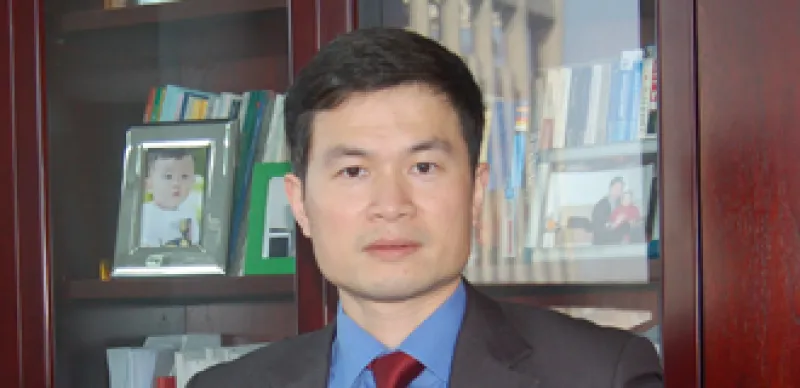
Shanghai’s Finance Chief Sees Slow But Steady Reform
Fang Xinghai, director general of Shanghai’s Financial Services Office, discusses the city's future.
Allen T Cheng
April 9, 2010


